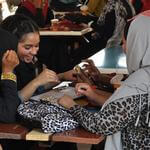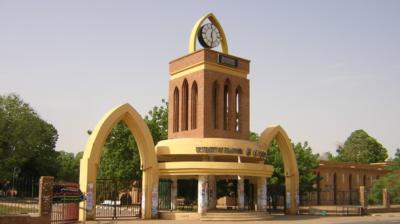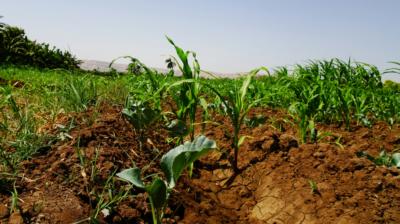Dynamics of destabilisation in development interventions in South Kordofan, 2005-2011
How to cite this publication:
Enrico Ille (2015). Dynamics of destabilisation in development interventions in South Kordofan, 2005-2011. Bergen: Chr. Michelsen Institute (Sudan Working Paper SWP 2015:4)
This paper outlines the landscape of development interventions in South Kordofan
between the signing of the Comprehensive Peace Agreement (CPA) in 2005 and
the start of a new war in June 2011. Given the constant political volatility during
this period and the resurgence of violent political contest, the study traces the
conditions under which such interventions took place. It analyses the impact
of the political context, but also looks at how the interventions related to this
context during planning, implementation and evaluation. As a case study, IFAD’s
South Kordofan Rural Development Programme is followed into the area in and
around Heiban, a rural centre in the central Nuba Mountains, where it was supposed
to extend a system of community development committees linked to public
administration. The study’s perspective on actors involved in the programme to a
variable extent shows not only the complexity of social relations it was interwoven
with, but also how this and similar interventions emerged on the ground as part of
a plurality of social institutions and organisational structures, in spite of their
design as singular contribution to a given situation. Reading context and case
study together, the paper argues that any evaluation of development interventions
and their consequences in a region like South Kordofan fails to be adequate, if
political accountability and political legitimacy are left out or marginalized in
the analysis. Instead of being approached as an isolated interaction with ‘local
communities’, specifi c conditions of gaining infl uence have to be understood, if a
substantial contribution is expected to be made.







